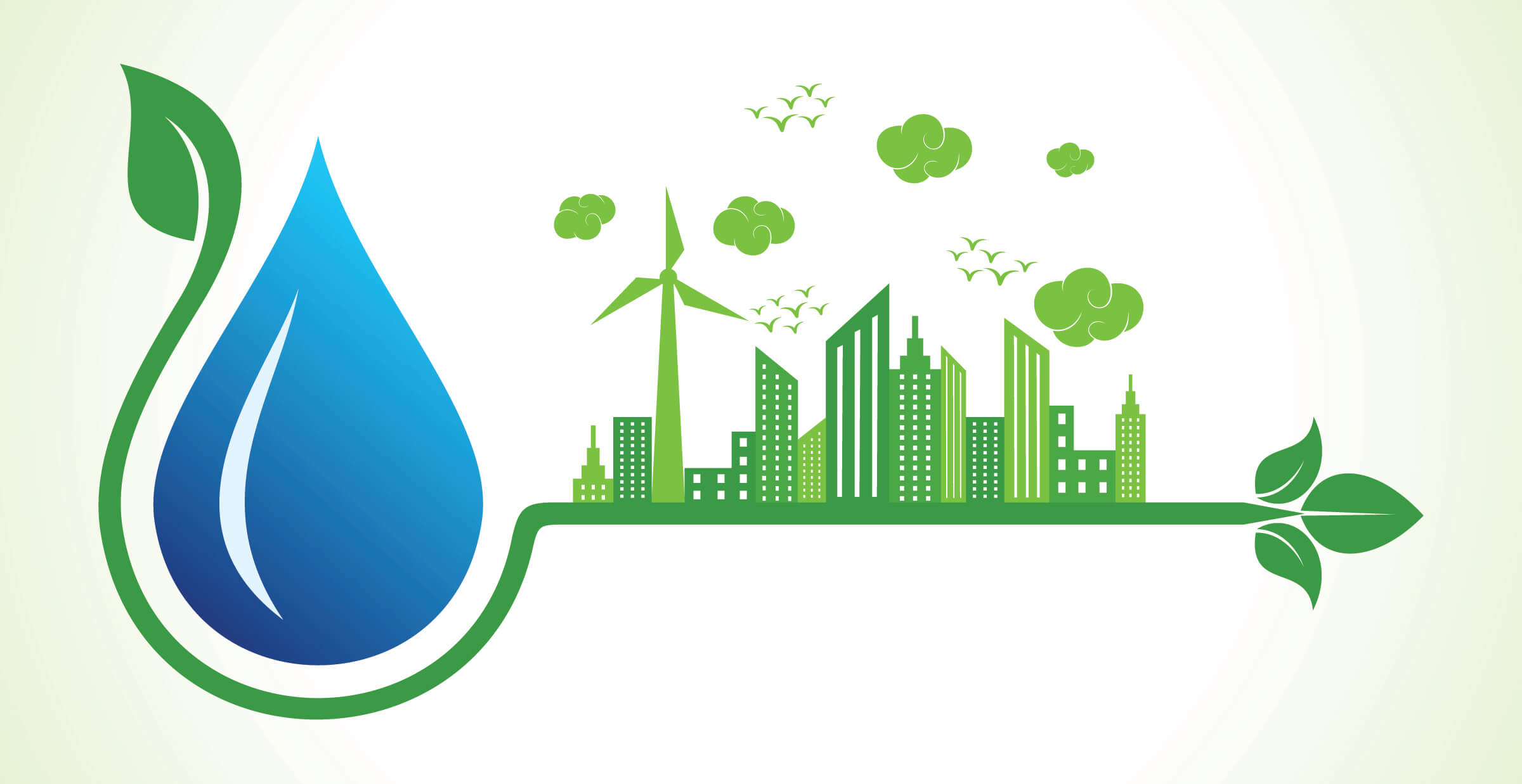
Annual conference to spotlight urgent sustainability issues in Maine, around world
From sessions on religious and ethical respect for water resources, rivers and fish passage, to building resilience to sea level rise and citizen science, the 2018 Maine Sustainability & Water Conference March 29 at the Augusta Civic Center will feature an expanded agenda on urgent topics affecting Maine, New England, the country and globe.
The conference will include two concurrent sessions — a student poster session and a keynote talk.
John Hagan, an ecologist and president of Manomet, a nonprofit based in Brunswick, Maine and Manomet, Massachusetts, will deliver the keynote talk, “The Science of When Science Doesn’t Matter (and What to do About it).”
Hagan’s work is focused on building relationships with nonscientists who are in a position to put science to use, such as foresters, fishermen, business owners and institutional investors.
Additional topics in the concurrent sessions include reconnecting with Maine’s waters through recreation; rivers that are rarely in the news, such as Mousam and Bagaduce; shallow groundwater as a water supply resource; and protecting waters in forest operations.
The conference also features a poster competition with more than 40 high school, undergraduate and graduate students participating from around Maine. Presentations topics include arsenic in drinking water, marine debris and microplastics, solid waste disposal, Maine farm-to-institution food initiatives, decision-making about dams, ocean acidification in the Gulf of Maine, and water quality issues in Maine’s lakes and rivers.
“The conference provides an extraordinary opportunity for people from across Maine to come together and learn from one another,” said David Hart, director of the Senator George J. Mitchell Center for Sustainability Solutions at the University of Maine, which hosts the conference. “By sharing success stories, preparing for new challenges, and showcasing the work of students on their way to becoming future leaders, the conference helps to build a brighter economic and environmental future for Maine communities.”
Founded in 1994, the conference is the largest gathering in Maine focused on issues at the intersection of environmental, economic and community issues. The event draws presenters from universities, nongovernmental organizations, the private sector and government.
For more information, contact David Sims at 207.581.3244, david.sims@maine.edu.
